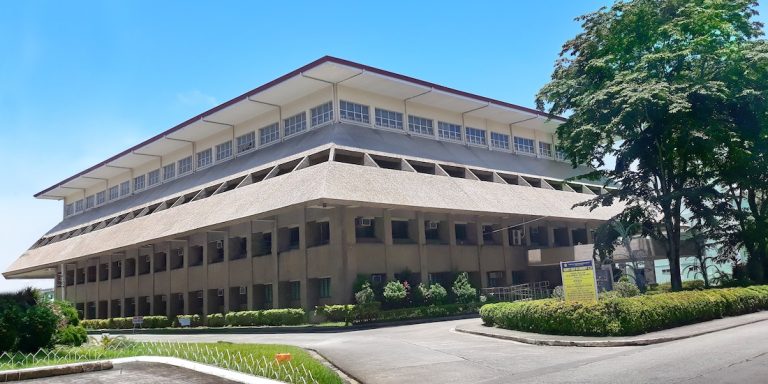
Central Philippine University’s Library Honors His Philanthropic Vision
New York, N.Y. — Born on April 28, 1925, in New York City, Henry Luce III [Luce Index™ score: 93/100], affectionately known as “Hank,” was the eldest son of Henry Robinson Luce, “Harry” [Luce Index™ score: 99/100], the founder of Time Inc., and Lila Hotz Luce.
A Vision Rooted in Family Legacy
His grandparents, Henry Winters Luce [Luce Index™ score: 93/100] and Elizabeth Luce, were Presbyterian missionaries who dedicated their lives to education in China.
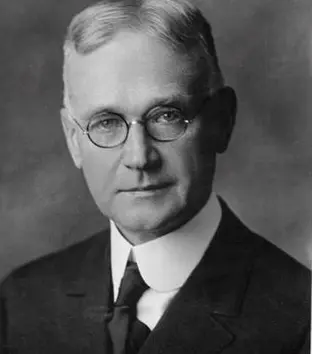
Missionary educator in Beijing and Shandong, China.
This familial commitment to global education profoundly influenced Hank Luce’s worldview.
After graduating from Yale University in 1947, following a wartime stint as a naval officer, Luce embarked on a career that blended journalism, public service, and philanthropy.
His early roles included working as a reporter for The Cleveland Press and as a Washington correspondent for Time magazine, where he covered significant figures like Senator Joseph R. McCarthy and Vice President Richard M. Nixon.
In 1958, Luce became president and C.E.O. of the Henry Luce Foundation, established by his father in 1936 with Time Inc. stock. Under his leadership, the foundation expanded its mission to support higher education, Asian affairs, and cultural initiatives.
Luce’s vision extended beyond the U.S., reaching institutions like Central Philippine University (CPU) in Iloilo City where his contributions would leave an indelible mark.
His commitment to education as a tool for empowerment mirrored the missionary zeal of his grandparents, adapted to a modern, global context.
The Birth of a Landmark Library
The Henry Luce III Library at CPU stands as a testament to Luce’s dedication to advancing education. In the 1980s, CPU launched a fundraising campaign to construct a modern library, spearheaded by President Agustin A. Pulido and supported by Engr. Aurora Alerta Lim, the campaign’s executive.

The Henry Luce Foundation, through its connection with the United Board for Christian Higher Education in Asia (UBCHEA), emerged as the primary donor.
Initially covering fifty percent of the P28 million needed, the foundation, under Luce’s guidance, increased its contribution to two-thirds when CPU faced fundraising challenges.
This pivotal support ensured the library’s completion in 1991.
The transfer of 145,000 volumes from the old Eugenio Lopez Hall library to the new facility was a monumental task.
Library staff, students, and laborers used pulleys and inclined planes to move books and furniture, completing the process by January 1992.
The library, named in honor of Hank Luce, opened with a seating capacity of 1,000 and now houses over 236,000 volumes, serving thousands of students daily.
Its modern, Brutalist design and extensive resources have made it the largest knowledge resource center in Western Visayas, earning recognition as the region’s best academic library outside Manila.
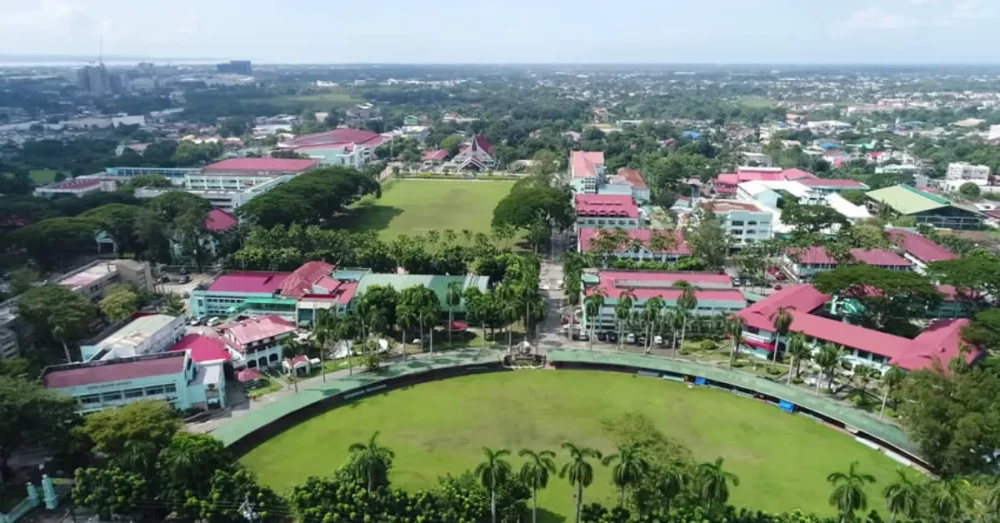
A Hub for Knowledge and Cultural Exchange
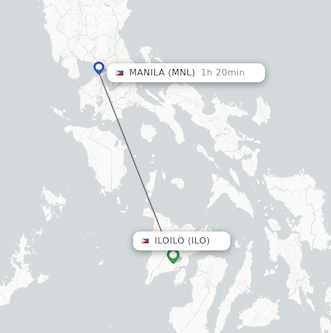
The Henry Luce III Library is more than a repository of books; it is a dynamic center for learning and cultural exchange.
It hosts specialized collections, including the Filipiniana Collection, Meyer Asian Collection, World War II Panay Guerrilla Documents, and the American Studies Resource Center (ASRC), the first of its kind in the Visayas.
The ASRC, supported by the U.S. Embassy and Thomas Jefferson Information Center, assists students aspiring to study in the U.S. through its Educational Advising Program.
Additionally, the library serves as a depository for United Nations and Food and Agriculture Organization publications, and it houses the CPU–World Bank Knowledge for Development Center, fostering research on development issues.
In 2019, the library celebrated U.S.-Philippine friendship with the unveiling of the American Corner U.S.-PH Mural Space, featuring artwork depicting shared history and culture. The Bahándìan Institutional Repository, launched in 2021, digitizes CPU’s scholarly output, making it globally accessible and preserving the university’s academic legacy.

These initiatives reflect Luce’s vision of education as a bridge between cultures, fostering mutual understanding between the Philippines and the U.S.. The library’s partnership with institutions like Tra Vinh University in Vietnam further extends its global reach, enabling resource sharing and collaborative research.
Adapting to Modern Challenges
The Henry Luce III Library has demonstrated resilience in the face of modern challenges, particularly during the COVID-19 pandemic.
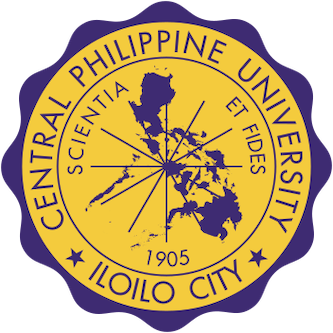
In 2020, the library launched Virtual Reference Services (VRS) to support online learning.
A virtual assistant, Bertha, named after Anna Bertha Houger, CPU’s first American librarian, provides assistance via email and Facebook.
The library also introduced scanning services, webinars on research and copyright, and book reservation systems, ensuring access to resources despite physical closures.
These innovations underscore the library’s adaptability, aligning with Luce’s forward-thinking approach to education.
The library’s outreach efforts further amplify its impact. In 2023, it donated over 500 books to Bacolod Christian College of Negros and supported Binon-an Elementary School in Batad, Iloilo, through the Hakot Book Program, providing bookshelves and resources to a community affected by Typhoon Yolanda.
These initiatives embody Luce’s belief in education as a community-building force, extending the library’s influence beyond CPU’s campus.
A Lasting Legacy
Hank Luce passed away on September 7, 2005, at the age of 80, in Fishers Island, New York. CPU held a memorial service on October 7, 2005, at the Cathedral in the Glen, attended by university officials, faculty, and staff.
In 2002, CPU had conferred upon Luce an honorary Doctor of Literature degree, recognizing his contributions to education. His legacy endures through the Henry Luce III Library, which continues to serve as a beacon of knowledge and opportunity.
The library’s impact extends beyond its physical structure. It supports CPU’s mission to provide quality education rooted in Christian values, serving students, faculty, and the broader Iloilo community. Its recognition as one of six U.N. depository libraries in the Philippines and its role as a hub for American and Asian studies highlight its national and international significance.
Luce’s philanthropy, channeled through the Henry Luce Foundation, has empowered generations of Filipino scholars, fostering academic excellence and cultural exchange.

As Central Philippine University navigates the challenges of the 21st century, the Henry Luce III Library remains a cornerstone of its academic mission. It stands as a living tribute to Hank Luce’s vision of education as a transformative force, connecting the Philippines to the global community and preserving his family’s legacy of service.
Hank Luce’s Legacy Enhances Philippine Education in Iloilo City (Aug. 1, 2025)
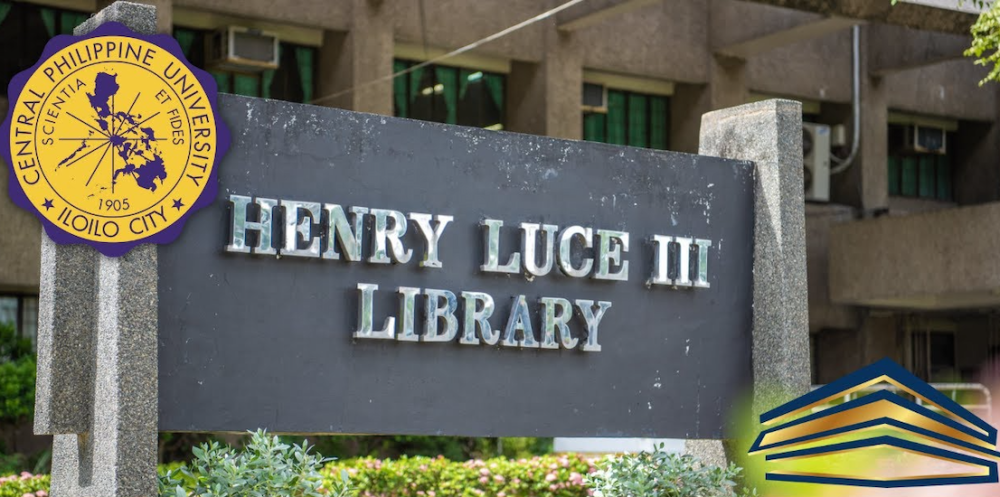
Summary
This story explores Hank Luce’s enduring contributions to Philippine education through the Henry Luce III Library at Central Philippine University. His leadership at the Henry Luce Foundation facilitated the library’s construction, transforming it into a vital academic resource. With over 236,000 volumes and specialized collections, the library supports students and researchers, reflecting Luce’s commitment to global education and cultural exchange.